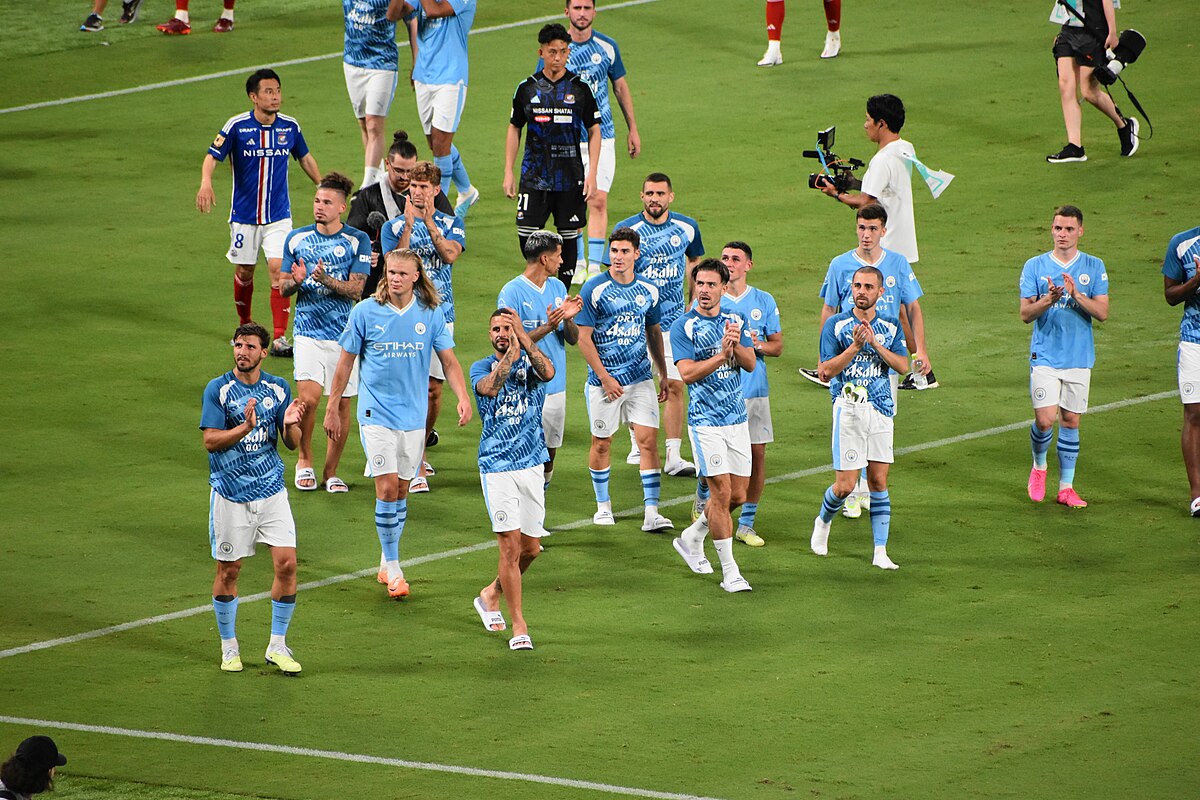Manchester City vs the Premier League: What have the courts decided?
Last week saw a landmark decision in the courts in the long running dispute between Manchester City and the Premier League regarding commercial rules and sponsorship deals between clubs and shareholders. The case began after 2 of City’s deals with the Etihad Aviation Group and First Abu Dhabi Bank were blocked for not adhering to the league’s Associated Party Transaction (APT) rules.
These rules were put in place by the league in order to prevent big clubs from generating sponsorship money from their owners’ companies at unprecedented levels in a way which narrowly avoided the league’s Financial Fair Play (FFP) restrictions. All clubs are required to run any dealings with associated parties past the league, so they can be deemed of fair market value.
Only some of Man City’s complaints were upheld, with 2 aspects of the league’s rulings being deemed unlawful. As a result both sides have claimed victory in the dispute.
City may also choose to take further action by suing and claiming compensation for their losses
In a letter sent to other PL clubs, City’s General Counsel Simon Cliff explains that the tribunal regarded the league’s APT rules as “unlawful” (due to their exclusion of shareholder loans) and as a result the club views them as completely “void”. Whilst the club did not succeed on all of its claims, it is enough for them that the rules are considered unlawful for one reason, and are therefore “not capable of enforcement”.
Cliff adds that this outcome will have “significant consequences” for any APTs already in place or those in the process of negotiation, and the club are calling for “careful reflection” of the amendments of the rules. City may also choose to take further action by suing and claiming compensation for their losses.
Although the league have refused to comment, sources claim that it remains privately confident after having spoken to member clubs. This issue remains divisive with some clubs (including Arsenal, Liverpool and Manchester United) choosing to support the league, and others (such as Chelsea, Newcastle and Everton) siding with City and acting as witnesses for the club during the trial. There are equally still concerns raised by some members, who claim the weakening of these rules could allow their rivals to increase revenue and gain an advantage and widen the already significant financial divisions among clubs.
The PL originally aimed to adapt their APT rules within 10 days of the tribunal’s outcome, but have since confirmed that they will be taking “necessary time” to respond to these events
The PL originally aimed to adapt their APT rules within 10 days of the tribunal’s outcome, but have since confirmed that they will be taking “necessary time” to respond to these events. The league is however confident that it can modify the rules to comply with competition law. Any changes will not be applied retrospectively, so only new APTs will have to abide by these new rules.
Whilst this is not directly related to the club’s other ongoing dispute with the league over their 115 FFP charges, it will be interesting to see whether the ruling in this case will have any impact on the outcome of the second trial. It will also be interesting to see how this impacts other clubs with significant financial backing and their use of sponsorship loans in the future.

Comments